Table of Contents
- 1. Overlooking a professional car inspection
- 2. Neglecting the importance of a test drive
- Benefits of a test drive
- 3. Not checking the car’s history
- 4. Not comparing different financing options
- 5. Getting swindled by high-pressure sales tactics
- 6. Purchasing unnecessary add-ons
- What about an extended warranty?
- 7. Forgetting to check for recalls and safety issues
- How to check for recalls and safety concerns
7 common mistakes used car buyers make
On the market for a used car? You may be expecting to find hidden gems, but stumbling upon vehicular disasters is more common. In fact, even the savviest drivers often find themselves in the wrong lane.
To avoid putting yourself in such a situation, learn the most common mistakes used car buyers make and… don’t repeat them.

Looks can be deceiving!
Don't risk your safety - check it with carVertical first
1. Overlooking a professional car inspection
Overlooking a professional car inspection is one of the biggest mistakes used car buyers make that can result in potential safety and financial issues in the future. Unless you’re a professional mechanic and can do it yourself, skipping a pre-purchase inspection (PPI) is never a good idea.
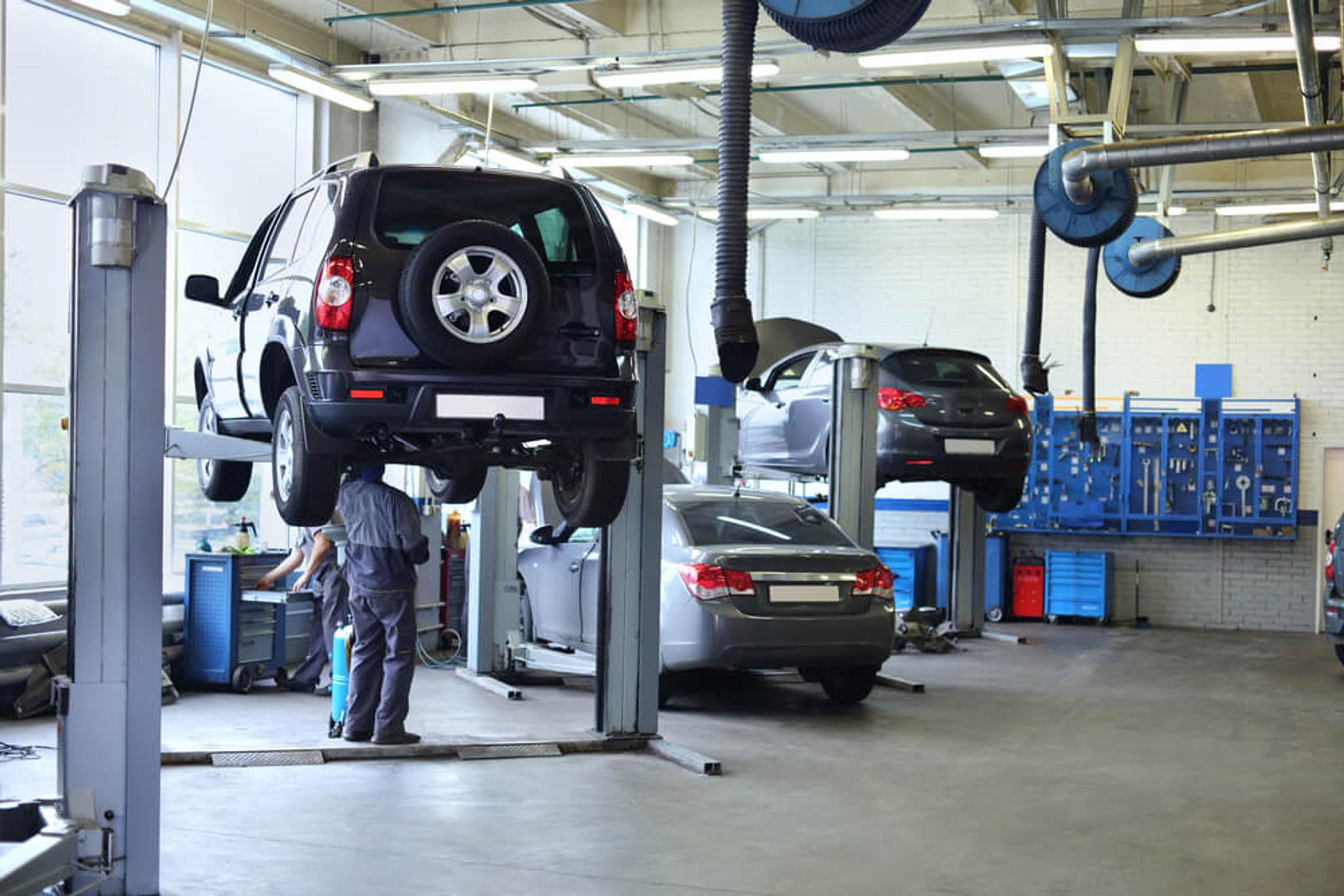
A qualified mechanic can thoroughly inspect a car and let you know if any major repairs are needed. PPI usually involves the following:
- An exterior inspection that helps evaluate the car’s body for rust, dents, and check the paint quality, lights, mirrors, etc. The condition of tires is also essential – a good set of tires is not cheap.
- The interior inspection often includes testing all interior controls, features, and evaluating the overall wear.
- Electrical systems should be tested for any issues related to windows, locks, air conditioning, heating, ventilation systems, and other electronics.
- Checking under the hood enables you to evaluate the engine for leaks, visible damage, and signs of poor maintenance. It’s also essential to inspect the belts, hoses, fluid levels and their quality, test the battery, starter, and alternator.
- Looking under the vehicle can help evaluate the exhaust system for leaks and integrity, the chassis and frame for rust or damage, and inspect the suspension system for wear and tear.
- Inspecting mechanical components, such as the condition and functionality of the brakes, testing the steering system for responsiveness and alignment, etc.
- Diagnostic scans that are performed by connecting to the car’s onboard computer to check for error codes and issues, and identify any warning lights or system malfunctions.
- Test drive to assess the car’s performance and overall driving experience.
Seems like a lot? Well, it is. However, considering the potential future expenses and safety risks of buying a used car without PPI, the relatively small inspection cost is well worth the investment for your peace of mind.
2. Neglecting the importance of a test drive
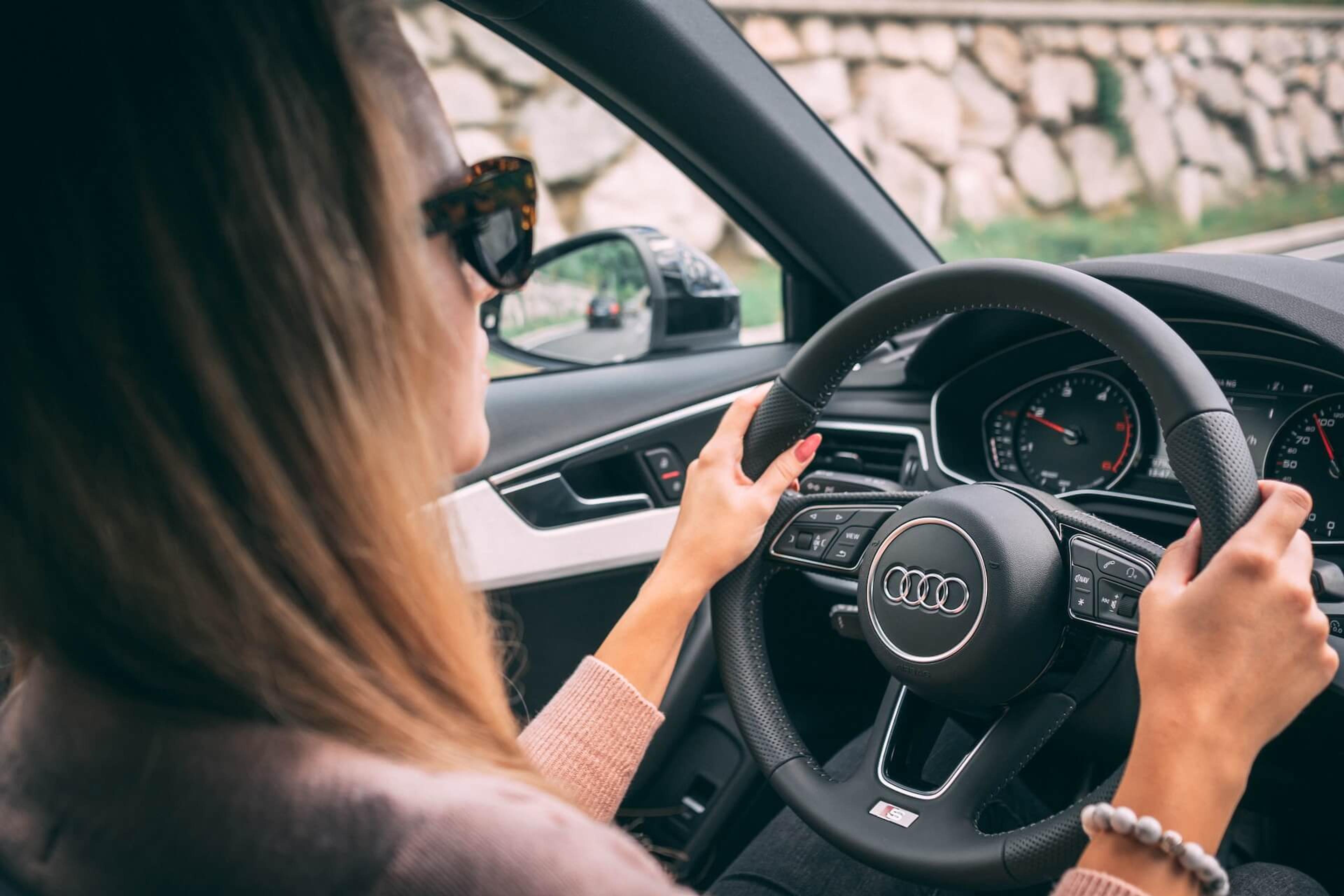
You’re going to spend a significant amount of time behind the steering wheel, so it’s important that your new car is 1) comfortable, 2) pleasant to drive, 3) and working well. The difference between driving some random car and a car that’s a good fit for you can make or break your overall driving experience.
This is why you (and preferably a trained mechanic) take the test drive, avoiding another mistake when buying a car.
Benefits of a test drive
Performing a test drive is beneficial for several reasons:
- A test drive provides a hands-on experience of how the car performs, handles, and feels on the road.
- You can listen for unusual noises, vibrations, and other signs of mechanical, performance, or safety issues that might not be obvious at first (and even second) glance.
- You can evaluate whether the car suits your size and comfort preferences, including seats, driving position, visibility, and overall experience. Since all of it impacts your mood while driving, it’s a crucial step you can’t skip.
- Checking various features like air conditioning, infotainment system, and others lets you decide whether they meet your expectations.
- You can establish a personal preference (a.k.a. connection) for a particular car if it resonates with your driving style and needs.
- A test drive can also help alleviate doubts and concerns about a vehicle if you have any.
- Identifying problems while inspecting a used car gives you a negotiation advantage.
Checking all these points is important for making a confident purchase decision you don’t regret in the future.
3. Not checking the car’s history
Used cars have dark secrets. Therefore, getting a vehicle history report to uncover them is one of the most important steps in the used car buying process.
You can’t always tell what the car has been through from its appearance, and simply expecting a seller to be honest might not end well. However, if you arm yourself with knowledge before meeting in person, you can ask all the right questions and make an informed decision before purchasing.
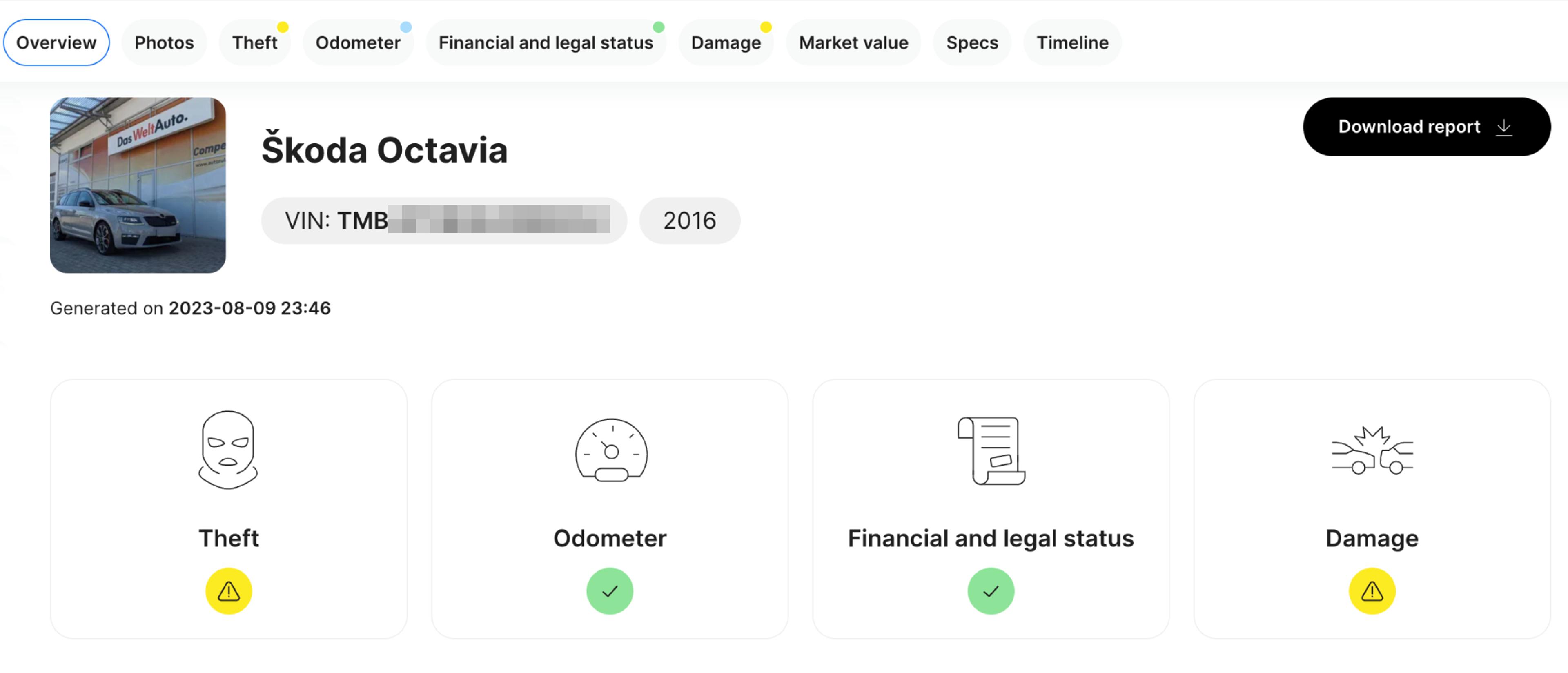
Here’s what a car history check can tell you:
- Accident history: Using the information about past accidents and collisions provided in a vehicle history report, you can better evaluate the car’s condition and identify potential future issues.
- Ownership history: You can see how many owners the vehicle has had. Frequent changes may imply potential issues with the car.
- Odometer readings: A vehicle history report provides available odometer readings, which can help you avoid mileage rollbacks.
- Car title: A vehicle history report can also reveal whether a car was formerly used by law enforcement, for hire (taxis), or as a rental, suggesting higher mileage and potentially increased wear and tear.
- Theft and recovery: Buying a vehicle that’s wanted as stolen is probably the worst-case scenario a report can help you avoid.
- Financial and legal status: The report can reveal if there are any outstanding liens or loans on the vehicle that could lead to legal and financial complications.
Some reports (depending on available data) can also provide insights into market trends for similar vehicles, helping you understand whether the asking price is reasonable.
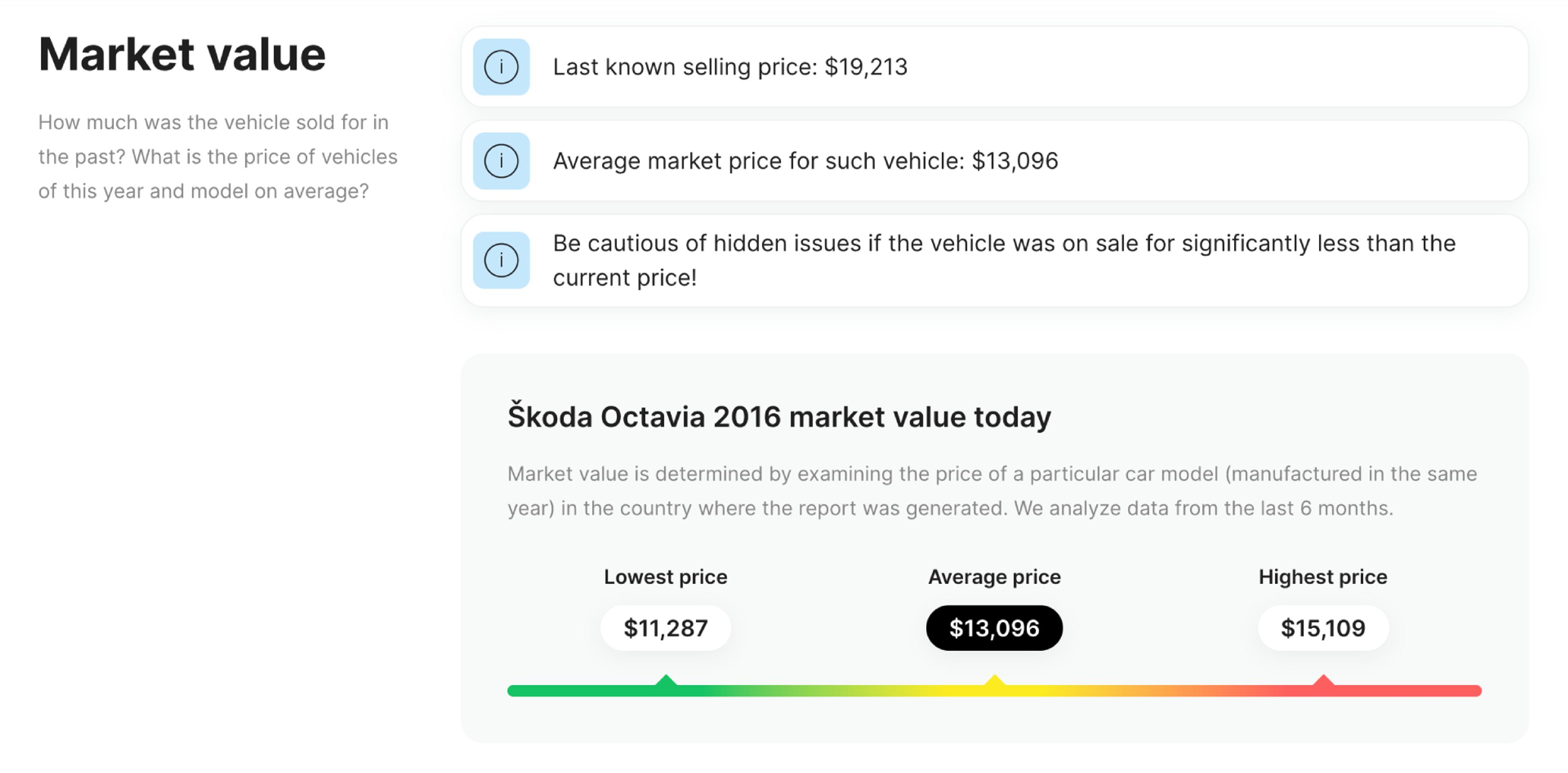
You only need to know the VIN number to check the car’s history. You can always find it on the car and often in the online ad. If it’s not there and you’d like to check the car’s history before the physical meeting, ask the seller to share the VIN number with you.

Check your VIN
Avoid costly problems by checking a vehicle's history. Get a report instantly!
4. Not comparing different financing options
A car loan is a big financial agreement, so it’s essential to carefully consider different options when getting one. Signing the right deal can save you a significant amount of money and ensure you won’t regret it.
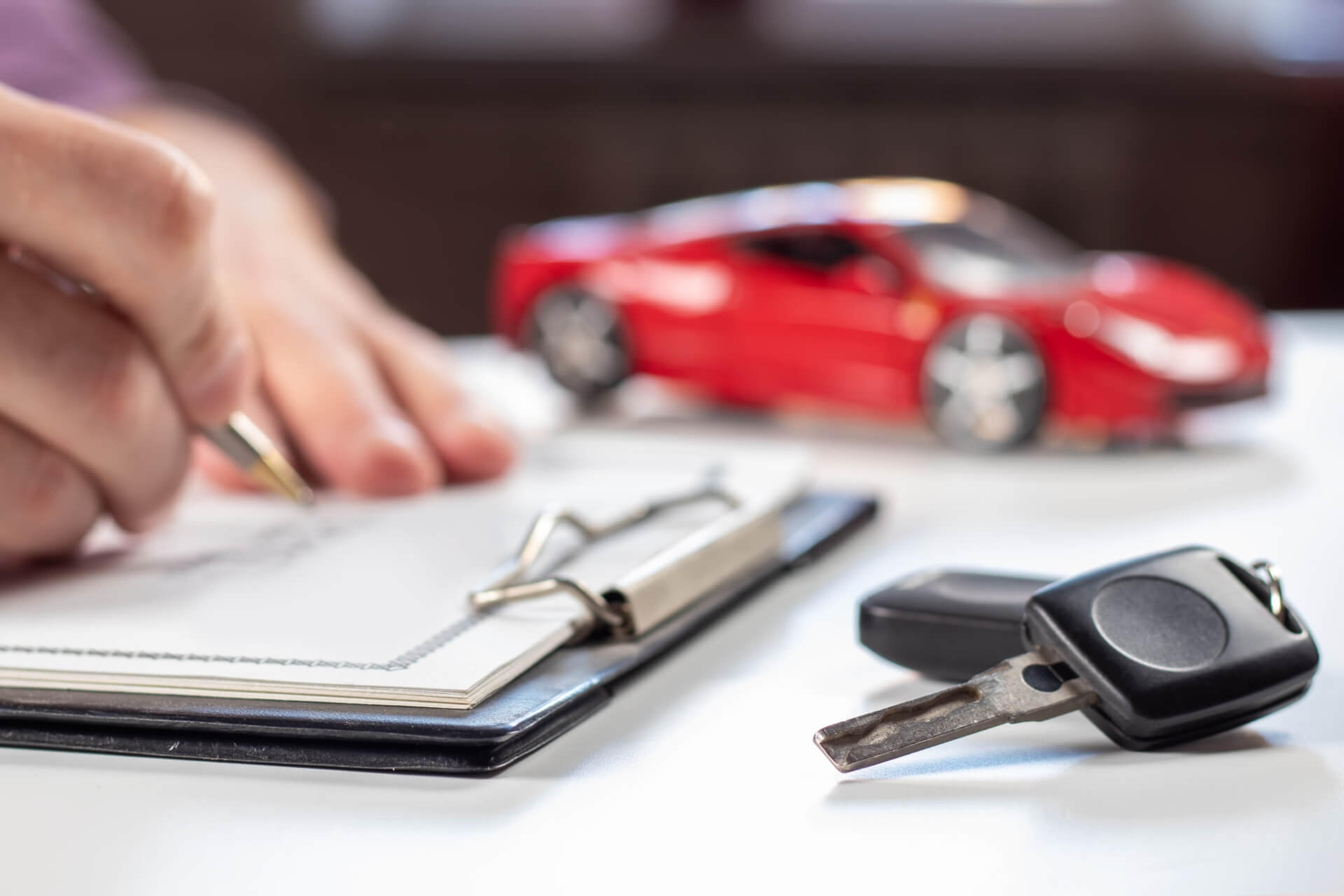
Loans vary based on their source. However, all of them typically have four main components: amount, duration, annual percentage rate (APR), and interest rate. Some people wrongly focus on monthly payments only, while APR and interest rates are actually the most important to consider.
- Interest rate (%) is an annual cost of a loan to a borrower.
- APR (%) is an annual cost of a loan to a borrower, including fees.
While this might sound confusing, APR is intended to give you more information about what you’re really paying. Comparing APR is a good start for determining loan costs. However, you should remember that your monthly payment is not based on APR but on the interest rate.
Therefore, carefully evaluate different options and don’t just sign the first one you find. Compare one loan’s APR and interest rate against another’s to understand the total cost. Moreover, consider the loan term – while a longer term may mean smaller monthly payments, you will pay more overall.
Failing to get the best deal can result in paying additional interest amounts over the life of the loan.
5. Getting swindled by high-pressure sales tactics
Ever heard of FOMO? It’s an acronym of “fear of missing out” – a sense that not taking a certain action will lead to regret. For example, not buying a particular car when a seller gives you “the best deal,” which also turns out to be time-sensitive.
The key to not falling into this trick is remembering you’re in control of the buying process. There can be many reasons why the seller uses high-pressure sales tactics, and one of them can be to scam you.
Trust your instincts and do not rush into just any deal. Instead:
- Learn everything you can about the specific make, model, and year of the used car you’re interested in (market value, typical price range, etc.).
- Determine your budget before physically meeting the seller – this will help you to resist offers that exceed your financial limit.
- Check multiple dealerships or private sellers to compare prices, options, and sales approaches.
- Ask questions – a knowledgeable buyer signals that you won’t be easily swayed by misinformation.
- Stay calm and confident, showing the seller that you will only make a decision once you’re fully satisfied.
- Take your time – a reputable seller will respect your decision.
By being informed, patient, and assertive, you can deal with high-pressure sales tactics and navigate the purchase of a used car without getting rushed into anything you might regret later.
6. Purchasing unnecessary add-ons
When you buy a car from a dealership, you will likely be offered a few extras, as cars are not the only thing they sell. Before purchasing any add-ons, it’s essential to consider your daily lifestyle, driving habits, car’s condition, and clearly understand your core needs when buying a used car.
For instance, imagine you are offered a VIN etching (engraving the car’s VIN onto its windows and windshield). The point of this is to make a vehicle easier to identify and make it more difficult to sell in the event of theft. Although the process is pretty straightforward, it can cost the car buyer from around $150 to $300.
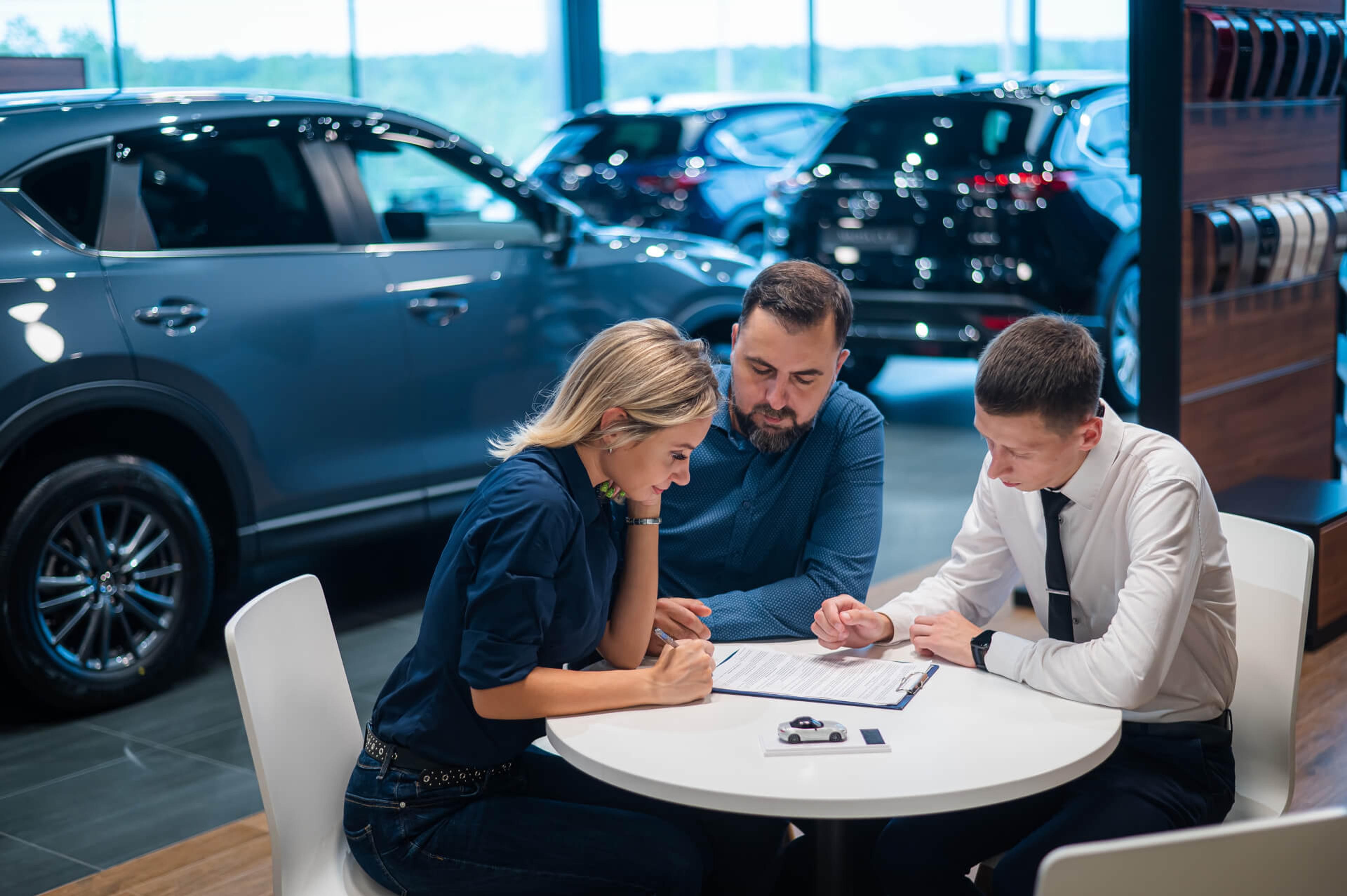
Is it necessary? Usually not. All cars have the VIN stamped in multiple places (typically the dashboard, under the hood, or inside the doorjambs), so identifying a vehicle is not really an issue. However, if it makes you feel safer, you can buy a kit and do it yourself for around $25. Always research alternative options!
What about an extended warranty?
Extended warranties are one of the most common add-ons dealerships offer. Whether it’s worth it depends on many different factors.
First of all, all new cars come with a manufacturer’s warranty. When you’re buying a used car, check if there’s any time left on it. If so, you might not need an extended warranty (at least initially).
Moreover, extended warranties typically have a high price tag but don’t cover all repairs, e.g., components commonly replaced in routine maintenance. If the car has a strong track record for longevity and few major issues, you might never even use an extended warranty.
Finally, you don’t need to make this decision at the moment you’re purchasing a car. If you really need an extended warranty, you can shop around later, carefully evaluating different offerings.
7. Forgetting to check for recalls and safety issues
Manufacturers and regulators issue recalls to address safety-related defects (usually). Even though car recalls tend to be more commonly associated with newer vehicles, they can also occur for used ones.
The problem is that manufacturers send recall notices only once – to the current owner. If you’re buying a used car from someone who ignored the recall, you might not even know that your vehicle is dangerous to drive.
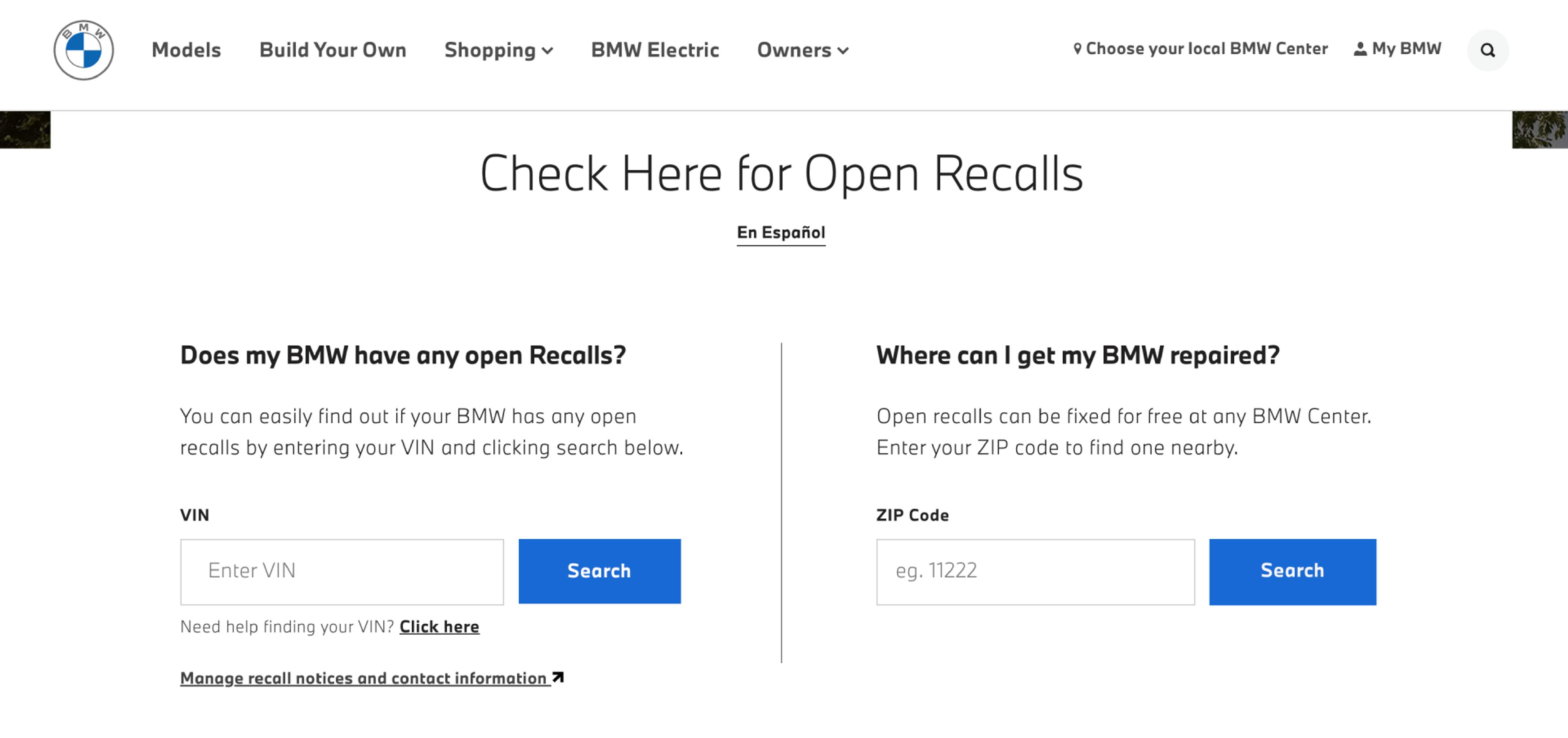
How to check for recalls and safety concerns
To check for recalls, use the following resources:
- Manufacturer’s official website: Most car makers have dedicated pages where you can check for recalls using a VIN.
- Vehicle history check: carVertical reports check for recalls, so getting a VIN check may solve this issue as well.
- Basic Google search: Search your car’s make, model, and year, followed by the word “recalls.”
- Government transport agencies: Depending on your country, the government might have transportation agencies that provide information about recalls and safety issues. For example, in the US, the National Highway Traffic Safety Administration (NHTSA), an agency of the US federal government, provides a free online tool for safety issues and recall identification.
FAQ
What should I look for when inspecting a used car?
Inspecting a used car before buying is crucial to detect and identify any hidden or potential damages. Thoroughly check the exterior (rust, corrosions, paint quality, etc.), interior (buttons, controls), and electrical systems (windows, locks, air conditioning, etc.), inspect mechanical components, look under the hood and under the vehicle.
Can I negotiate the price of a used car?
Of course, it’s a common practice when buying both new and used vehicles. Depending on a car, its condition, and the information you have about it (market value, vehicle history, professional inspection results, etc.), you can effectively negotiate the price of a used car.
How can I avoid overpaying for a car?
Come well-prepared. Arm yourself with knowledge, be confident, sharpen your negotiation skills, and remember that you control the car-buying process.